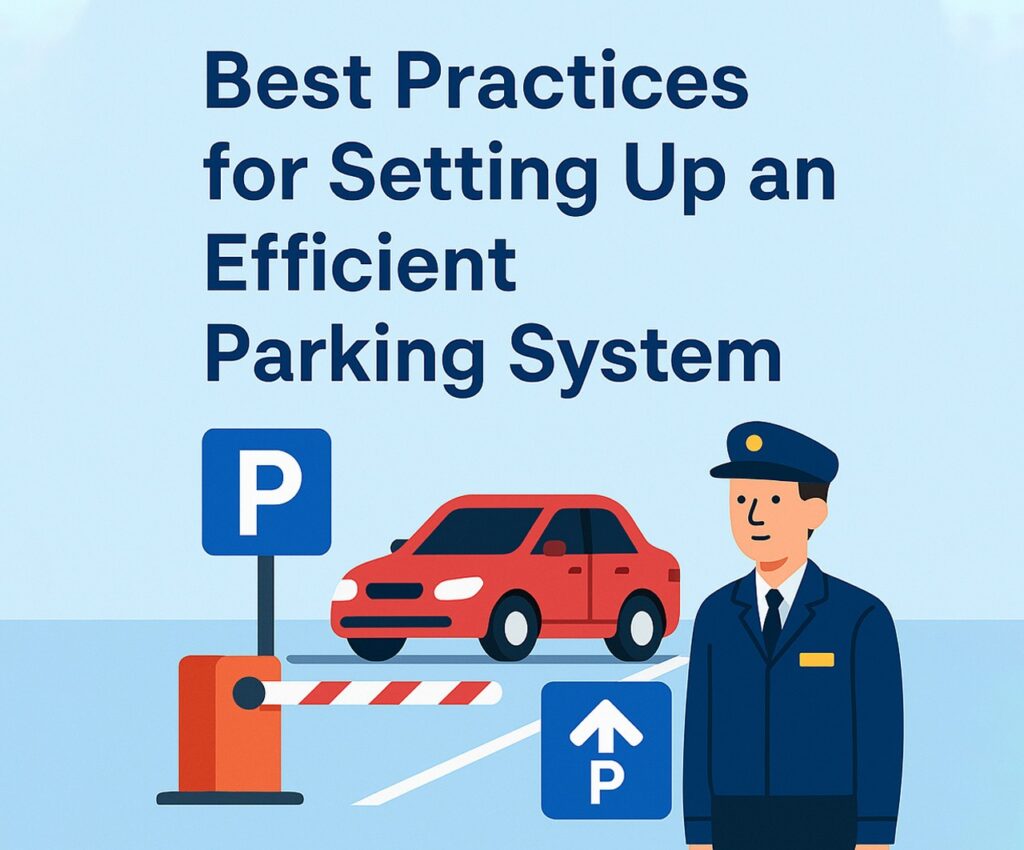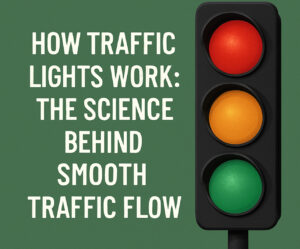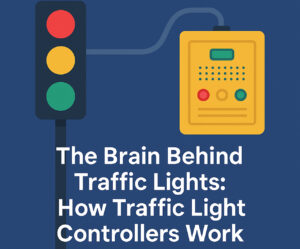Creating an efficient parking system is no longer just about painting lines on asphalt. With the increasing need for order, safety, and user convenience, elements like personal parking signs, automated car parking system, and personalized reserved parking signs have become essential in modern parking infrastructure. Implementing a system that integrates these elements can streamline traffic, reduce congestion, and enhance user satisfaction. Know more..
Why Parking Systems Matter
A poorly managed parking lot leads to traffic jams, frustrated drivers, and inefficient space usage. Conversely, a well-organized system boosts customer satisfaction, supports better traffic flow, and enhances security.
Key components like automated car parking system technology reduce human error and optimize space usage. Personal parking signs and personalized reserved parking signs create clarity and structure, ensuring each space serves its intended purpose.
1. Assessing Your Needs
Start by understanding your facility’s specific requirements:
- Is the parking for customers, employees, or both?
- Do you need accessibility features?
- How many spaces are required during peak hours?
Conduct a usage audit to determine:
- Average occupancy rates
- Peak usage times
- Types of users (short-term, long-term, deliveries, etc.)
The audit will inform your decisions about how to deploy automated car parking system technology and where to install personalized reserved parking signs.
2. Zoning the Parking Area
Divide your lot into distinct zones based on usage:
- Visitor parking
- Employee parking
- Reserved or VIP areas
- Delivery zones
Clearly marking these areas with personal parking signs ensures proper usage and reduces conflict over spaces.
For example, placing personalized reserved parking signs for staff or clients near entrances not only improves convenience but also communicates consideration for specific users.
3. Implementing Signage for Order and Clarity
Proper signage is critical for reducing confusion and maximizing efficiency. Here’s how to do it:
- Use personal parking signs to assign spaces to specific individuals.
- Deploy personalized reserved parking signs to mark special spaces (e.g., “Reserved for Dr. Smith” or “CEO Parking Only”).
- Place directional and instructional signs to guide traffic and indicate exits, entrances, and fire lanes.
Make sure all signs are visible, weather-resistant, and comply with local regulations.
4. Introducing Automation
Modern automated car parking system solutions are game changers. They can include:
- Ticketless entry and exit using license plate recognition
- Digital occupancy counters
- Payment systems via mobile app or kiosks
- Space guidance systems with LED indicators
Automation reduces labor costs, improves accuracy, and provides real-time data for better decision-making. Integration with a mobile app lets users see available spots and reserve them in advance.
5. Designing for Flow and Safety
A good layout enhances flow and minimizes accidents. Consider:
- One-way lanes to prevent bottlenecks
- Wide turning radii for larger vehicles
- Clear pedestrian paths
- Speed bumps in high-traffic areas
Safety isn’t just physical. Clear personal parking signs and illuminated personalized reserved parking signs can prevent misunderstandings and reduce confrontations over parking space use.
6. Utilizing Smart Technology
Incorporate smart parking sensors to detect vehicle presence in real time. These sensors integrate with automated car parking system software to:
- Guide drivers to open spots
- Generate heat maps of usage
- Alert administrators of unauthorized use
Cloud-based platforms let you monitor and manage multiple lots from a single dashboard.
7. Enforcing Parking Rules
Even the best systems fail without enforcement. Combine signage with policy:
- Towing warnings on personal parking signs
- Permit-only rules on personalized reserved parking signs
- Digital logs of entry/exit for audits
Use enforcement personnel or partner with a private firm to monitor adherence.
8. Accessibility and Special Needs
Ensure your parking system complies with ADA (Americans with Disabilities Act) or local accessibility standards. Mark accessible spots with unique personal parking signs and ensure they’re near entrances with appropriate slope and surface treatments.
Also consider:
- Electric vehicle charging stations
- Family parking zones
- Senior or expectant mother parking
Add personalized reserved parking signs to accommodate these specialized spaces.
9. Environmental Considerations
An efficient parking system also thinks green. Use:
- Permeable pavement to reduce runoff
- LED lighting with motion sensors
- Solar panels on shade structures
- Integration with ride-sharing drop zones
You can even power your automated car parking system with renewable energy sources.
10. Regular Maintenance and Upgrades
Maintenance ensures longevity and effectiveness:
- Repaint lines annually
- Replace worn personal parking signs
- Update software for your automated car parking system
Survey users periodically to identify new problems or areas for improvement.
Common Mistakes to Avoid
- Neglecting signage clarity: Unclear personalized reserved parking signs can cause confusion.
- Overlooking peak usage: Your system must handle maximum load efficiently.
- Ignoring local laws: Especially around disabled access and fire lanes.
- Forgetting user experience: A confusing parking lot discourages repeat visits.
Case Study Example
A mid-size hospital in California implemented a new automated car parking system paired with personal parking signs for staff and personalized reserved parking signs for senior doctors. The result:
- 25% reduction in time to find a parking spot
- 15% increase in patient satisfaction
- Improved traffic flow at peak shift changes
Final Thoughts
Setting up an efficient parking system is a blend of smart planning, good signage, and modern technology. Whether you’re a property manager, business owner, or facilities planner, integrating personal parking signs, automated car parking system, and personalized reserved parking signs into your design can make your lot safer, more functional, and easier to use.
Invest wisely now, and your parking lot will run smoother, serve more users, and even add value to your property.





